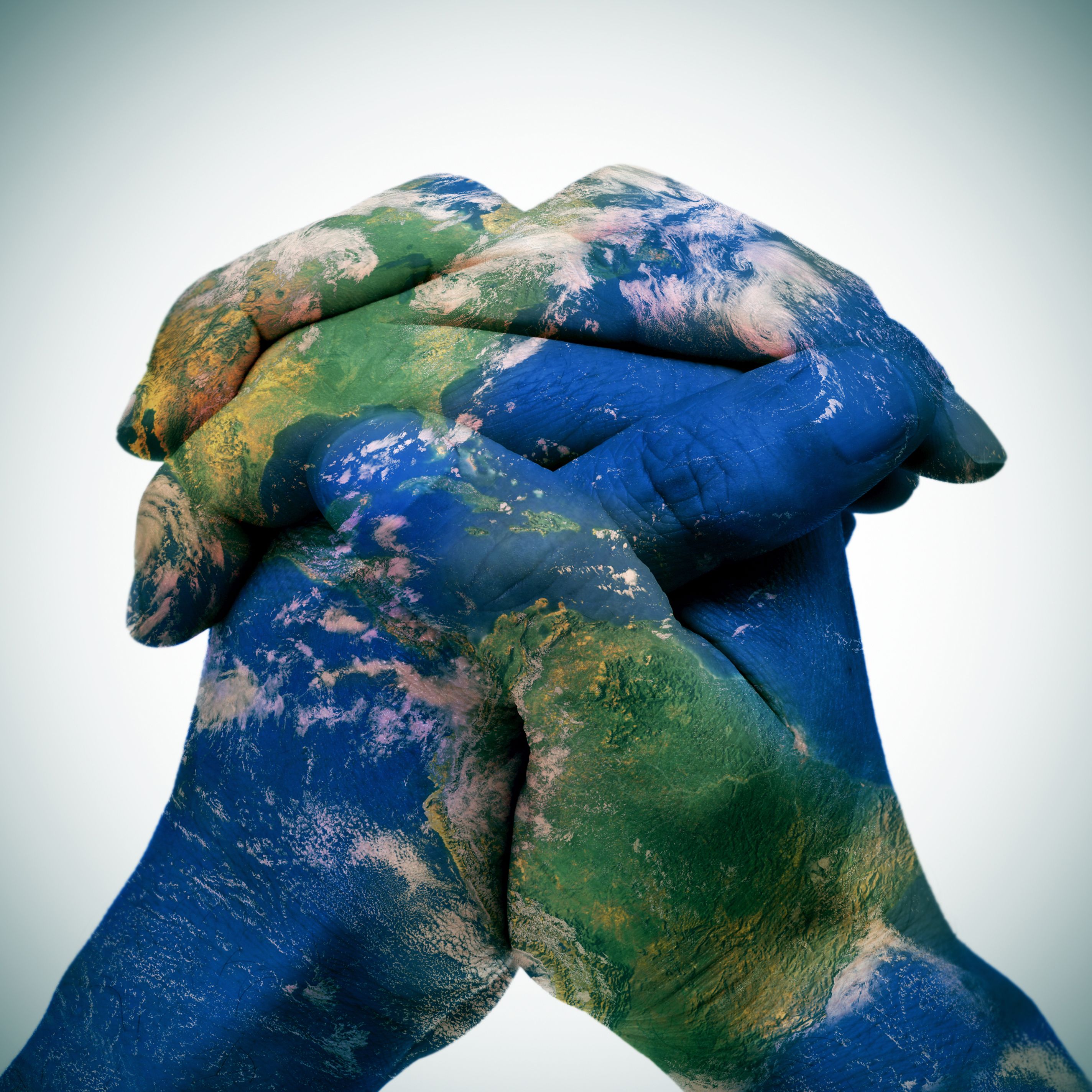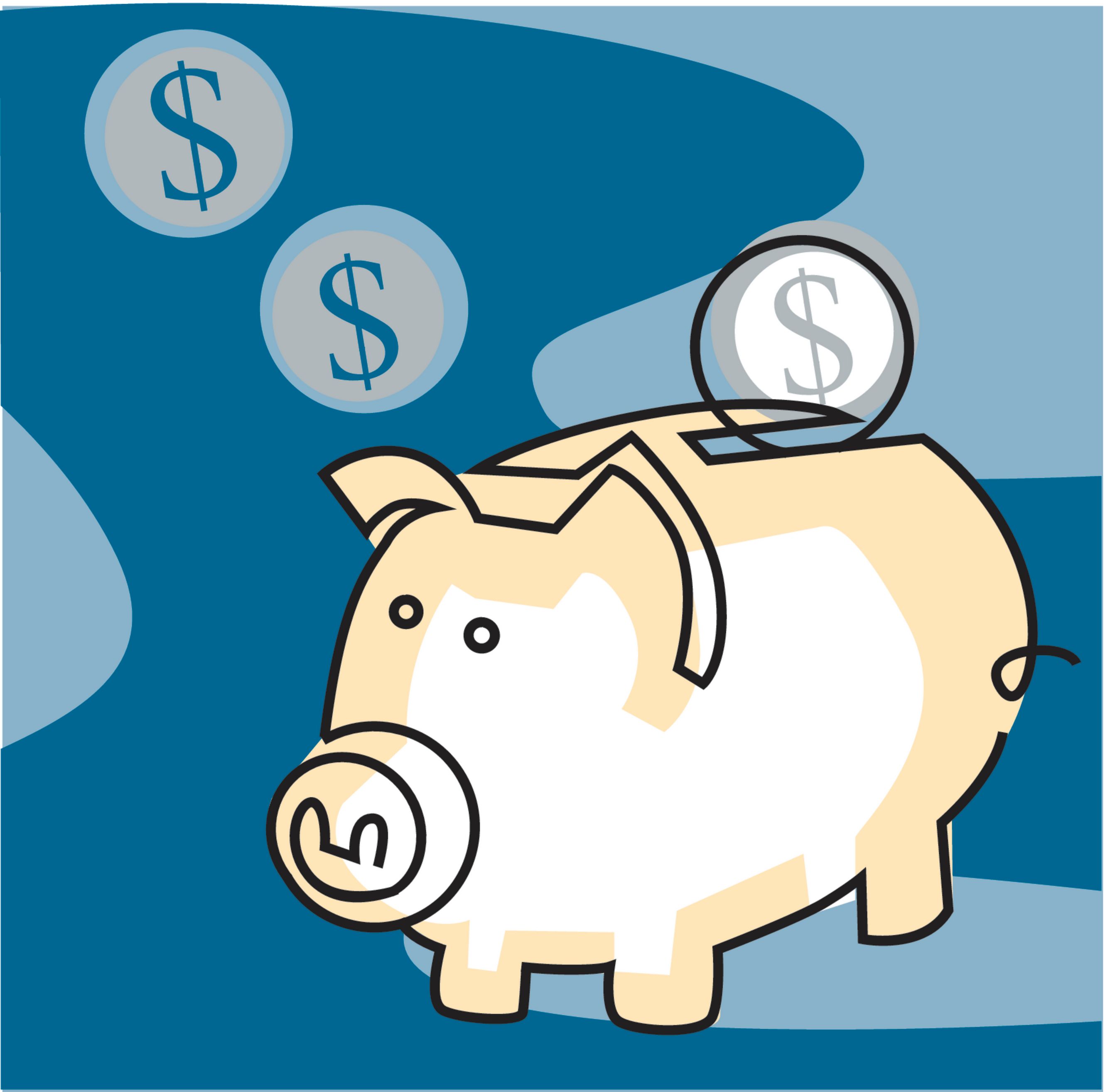
COVID-19
Latest News
Latest Videos
CME Content
More News
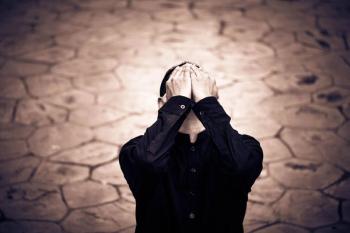
Psychiatric Times asked integrative psychiatrist James Lake, MD, for insights and advice for patients to reduce stress and take care of their mental health on a day to day basis.

One was a civil rights activist. Another, a book illustrator on the side. A third practiced medicine for over 70 years. All served as mentors. No one loss is less profound. Their families and psychiatry mourn them.

Researchers found a significant drop in life expectancy from depression, alcohol dependence, suicidality, increased divorce rates, and childhood trauma that are a direct result of social distancing.

How can telepsychiatry improve quality and access to care as well as reduce physician burnout? Telepsychiatry pioneers joined Chris Aiken, MD to discuss tips and tricks in making it work for you.

Heidi Moawad, MD, discusses the pitfalls of negative thinking and shares specific tips for heatlh professionals and the public to avoid it.

Nearly 40% of physicians are reluctant to seek medical care for a mental health condition. There is discrimination in medical licensing, difficulty retaining hospital privileges, and interruptions in professional advancement. A secret remains untreated and stigma continues.
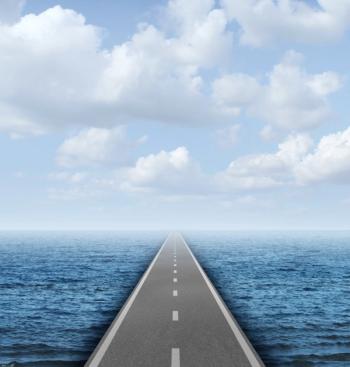
Even though firearms are only used in 5% to 6% of attempts, they are responsible for half of all suicide deaths and are by far the most common method of suicide. In turn, suicide is by far the most common manner of gun death in the US, far outpacing homicides and accidents. Paul Nestadt, MD, a psychiatrist and epidemiologist at the Johns Hopkins School of Medicine, discusses suicide.
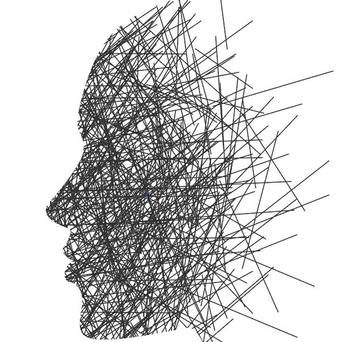
Although it may seem a bit of a luxury to begin an examination of countertransference at a time when life itself hangs in the balance, clinicians may be working with patients whose political views make it very difficult to address their emotional needs.

In the midst of this current head-spinning, mentally straining, emotionally draining, perplexing pandemic that is leaving many with a jaded, burned-out weariness, mental health and allied professionals can alleviate considerable pain.
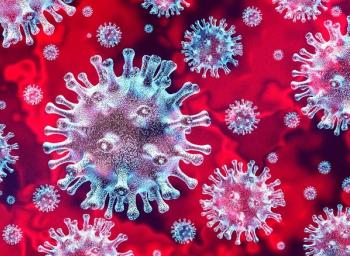
The pandemic has brought about uneasy feelings that can exacerbate mental illness and cause further mental health issues. In its current state, our mental health system is not prepared to deal with what may become a global mental health pandemic, but there are ways to address it.
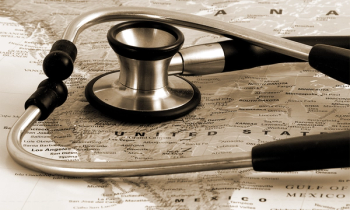
A physician who is also long-term patient living with depression discusses a pervasive problem in the house of medicine.
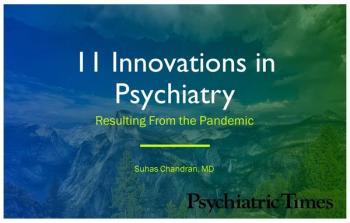
As we move forward from COVID-19, we take a look at noteworthy achievements that took place at lightning speed to inform response measures in future pandemics.

In this video, Neda F. Gould, PhD, discusses her work in mindfulness for patients as well as faculty. She describes what mindfulness is and how it can be useful for stress management, and she will walk through a practice session.

Joseph Cofrancesco Jr, MD, MPH, remembers his brother who died of complications from COVID-19, intubated, sedated, and alone.

COVID-19 has spurred many changes leading to wider adoption of various technologies to support public health efforts. But even data collected for the greater good can have unintended negative or punitive consequences.
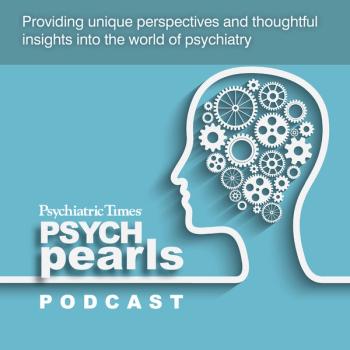
Unprecedented numbers of Americans are losing their jobs. When patients describe psychiatric symptoms (eg, anxiety, insomnia, irritability), psychiatrists should ask about workplace issues.
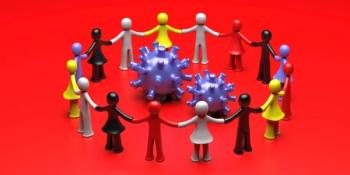
It might be advisable to bring in psychiatrists to keep the peace and not federal troops.

Drama for the day, the telephone rings, spring blossoms, senior year is sad, Mother Earth takes revenge, praying for Sully to land us on the Hudson . . .

Allie Shapiro, MD, discusses strategies to identify child abuse and ways to approach children and their parents as COVID-19 pushes us in the direction of telepsychiatry.
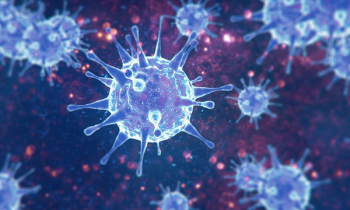
In just 3 months, the virus has changed the lives of our psychiatric patients and of psychiatry forever. What are the next best steps?

The 90s were the decade of the brain. We thought we could master science, but the more we learn, the more complex things become. Sandra Steingard, MD, shares her thoughts in this video.
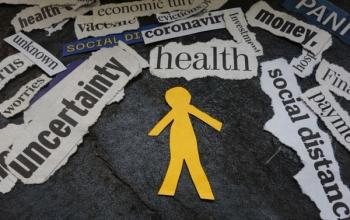
Practical suggestions about how we can approach these stressful times in peace and joy.

Dr Berlin offers salve to the soul with a recitation of "Let Evening Come," by Jane Kenyon, and then some.

Amidst the fear, worry, and uncertainty surrounding the coronavirus pandemic, each day seems to bring news that is worse than the day before.
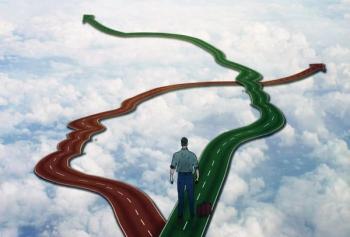
When the AIDS epidemic was at its peak, Dr Berlin wrote his own version of "Spring and All," in which he speaks directly to the original author, Wayne Carlos Williams. There are parallels to coronavirus in these works.

